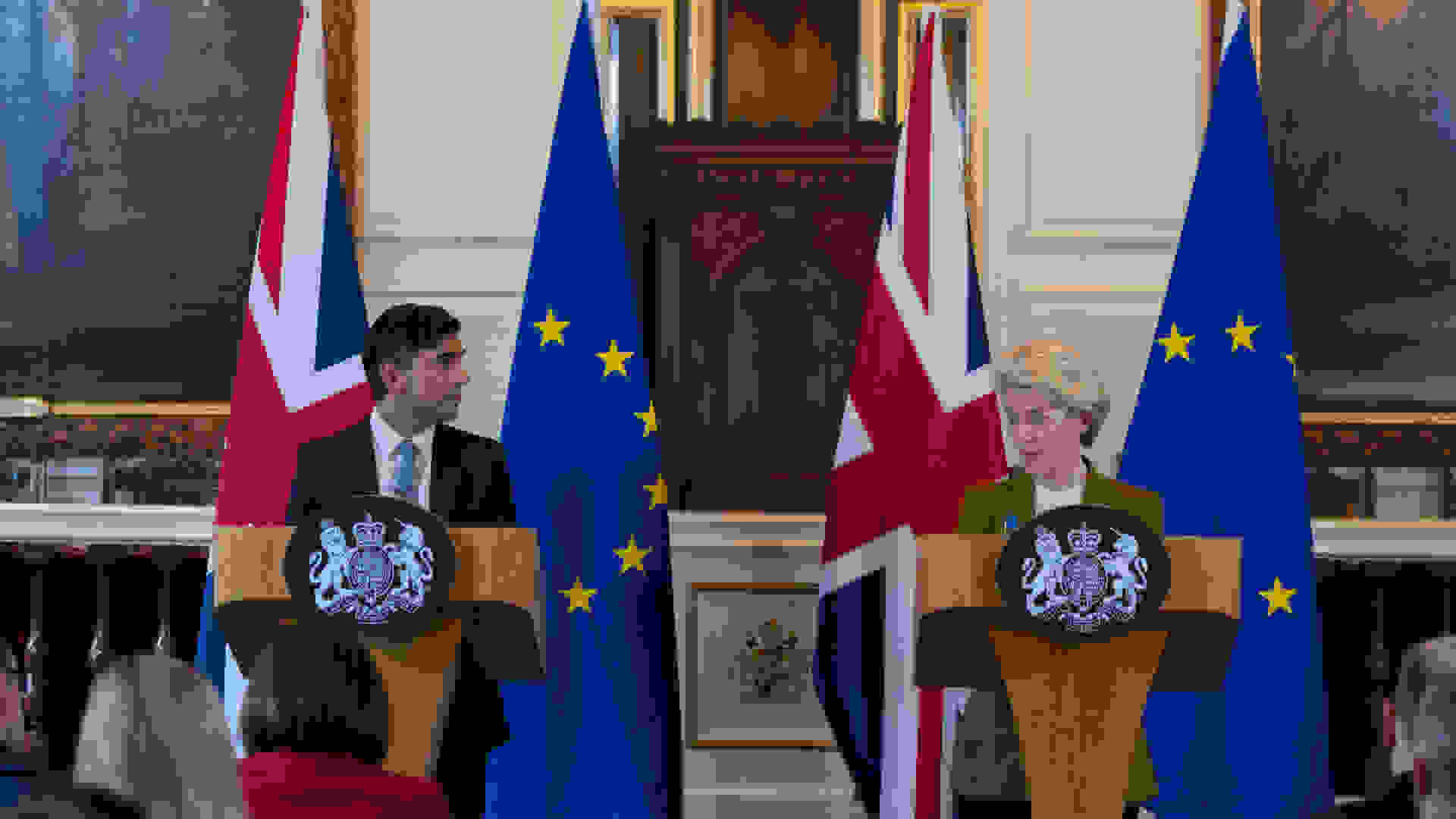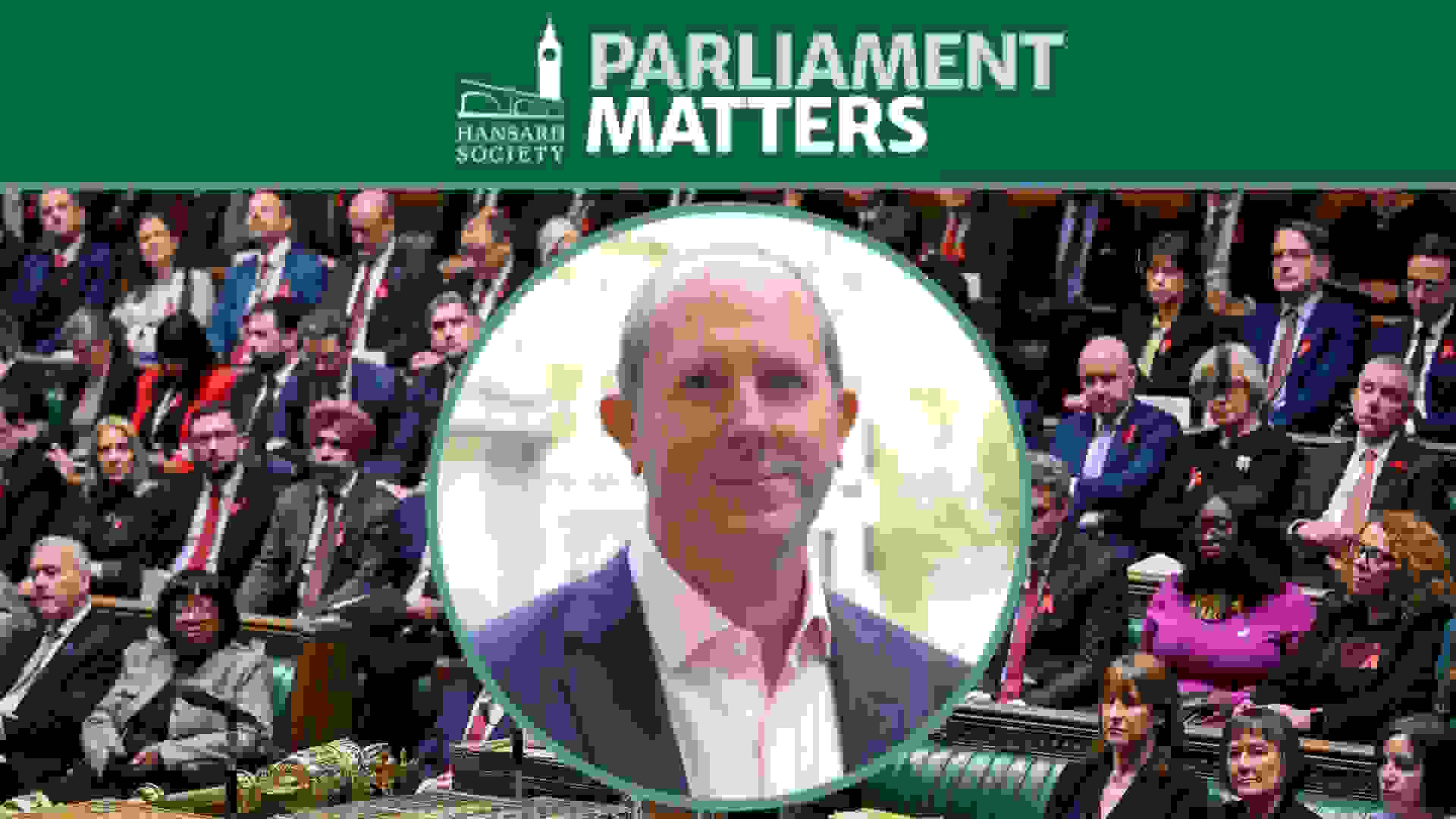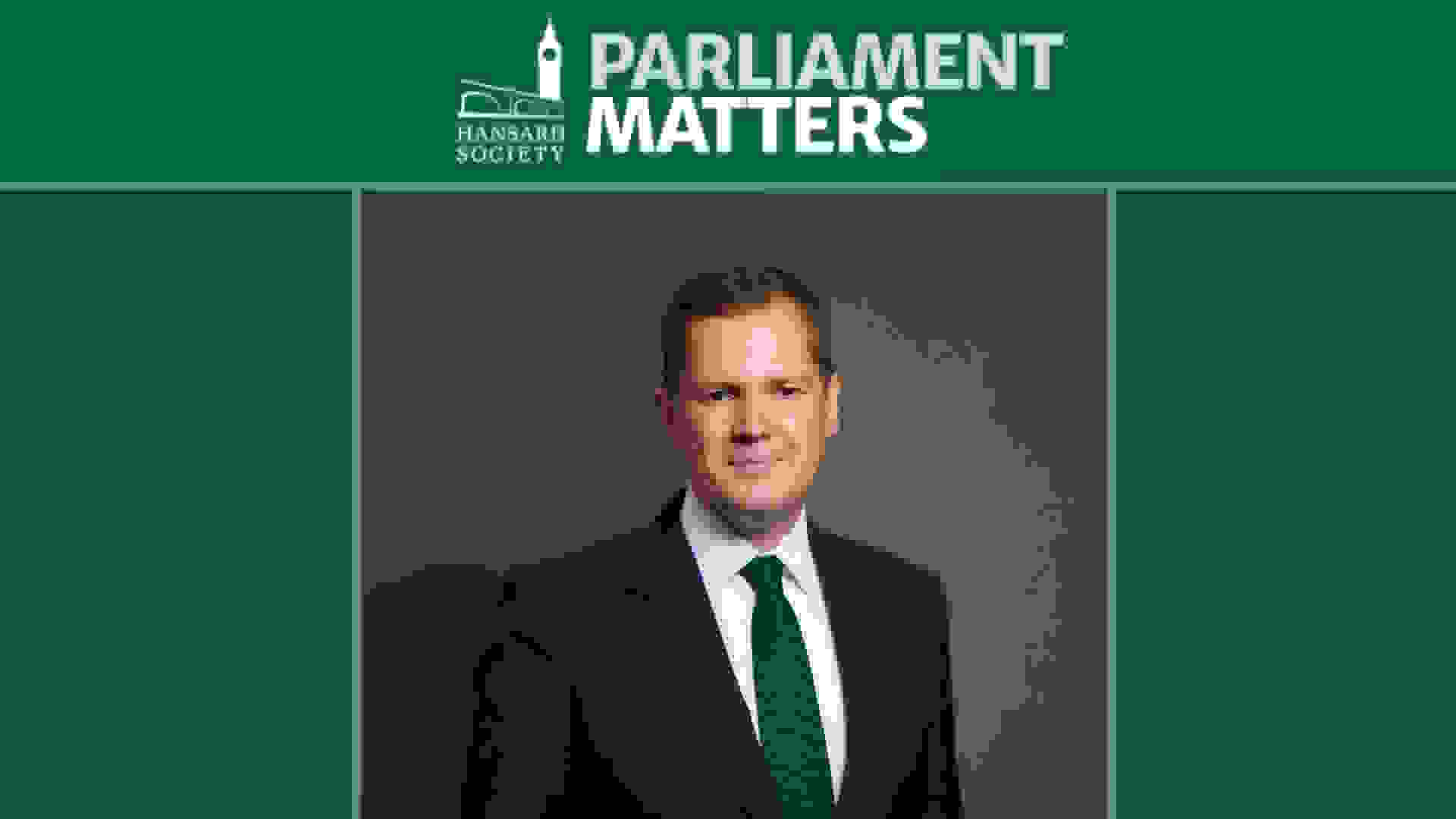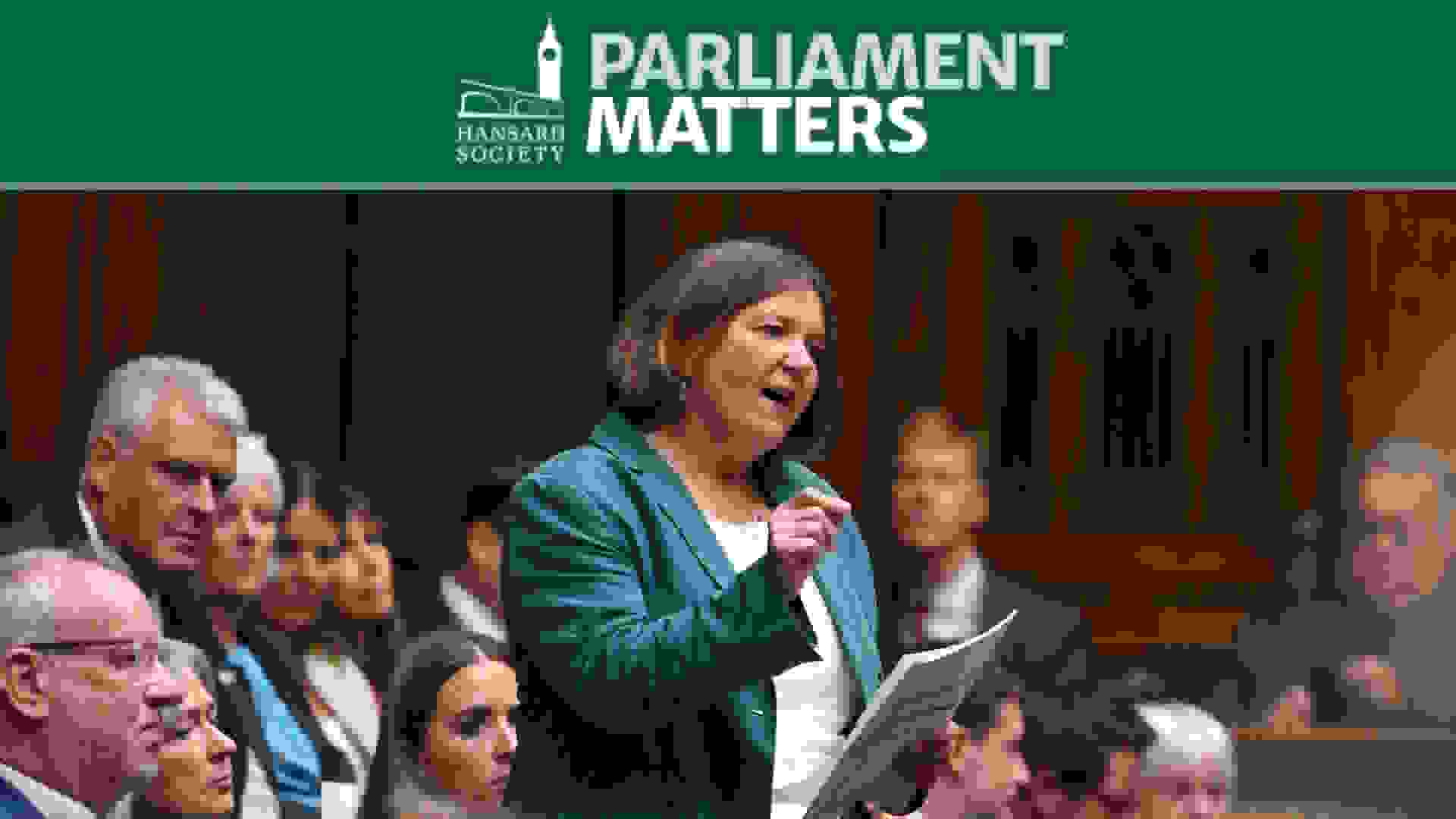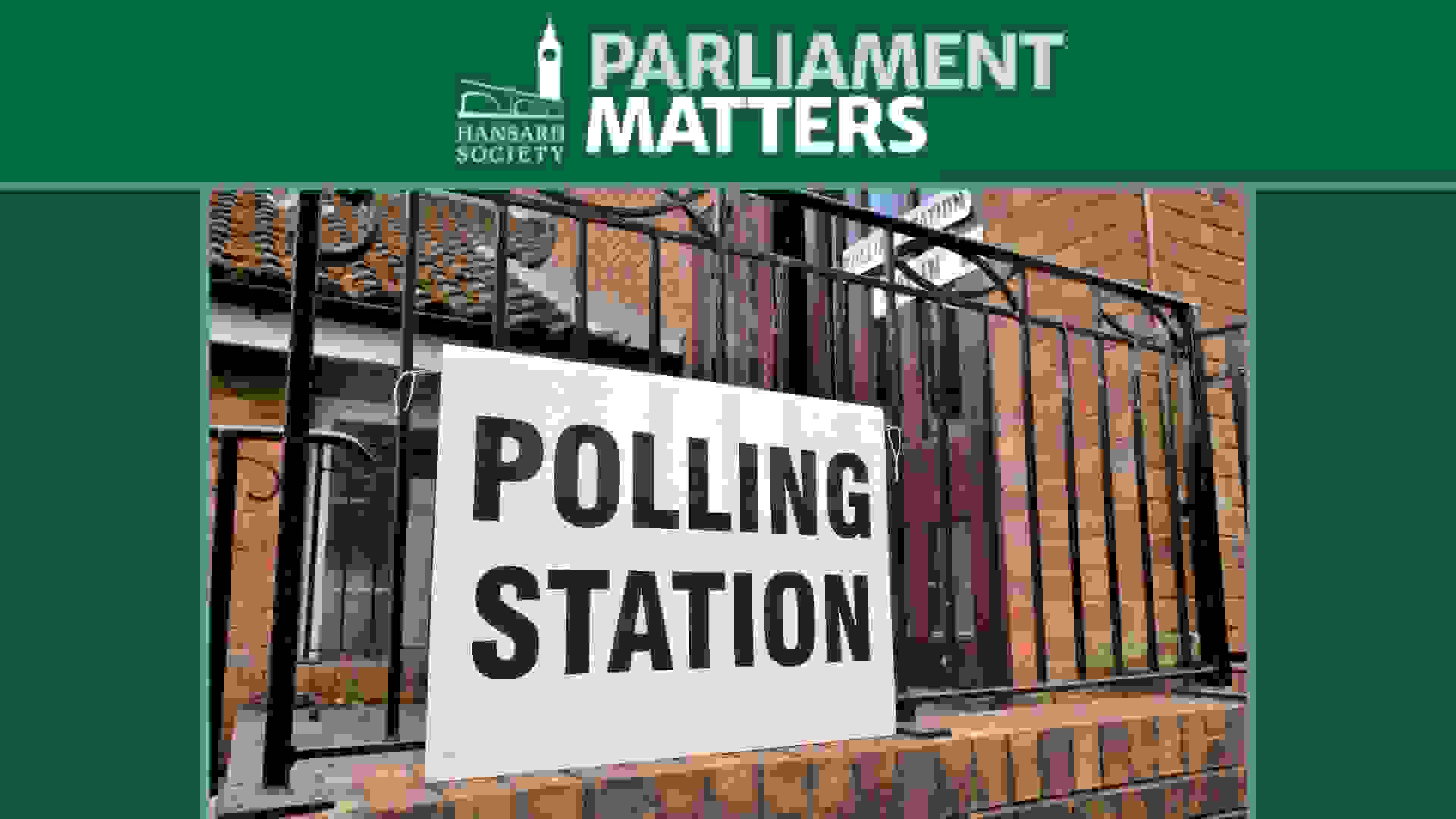Labour MPs may stage a backbench rebellion in the Commons over amendments to the Hillsborough Law (the Public Office (Accountability) Bill). MPs will also debate changes to four other bills. The Foreign Secretary faces departmental questions, including on Iran and Greenland, while Cabinet Office Ministers will be quizzed on digital ID and relations with the EU. In the Lords, six new Peers will be introduced, including former Olympic swimmer Sharron Davies and Iceland boss Richard Walker. Peers will examine seven bills and spend a seventh Friday in Committee on the assisted dying bill. Select Committees will hear from former Defence Secretaries Sir Ben Wallace and Sir Grant Shapps, Bank of England Governor Andrew Bailey, the German Ambassador, Attorney General Lord Hermer KC, and former head of the National Farmers’ Union Baroness (Minette) Batters.

